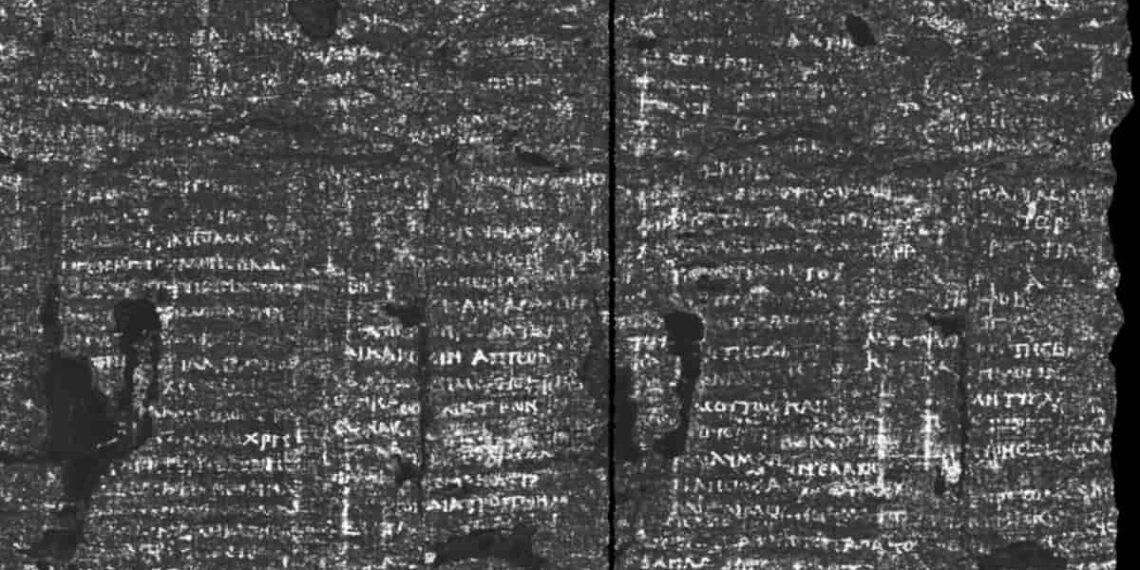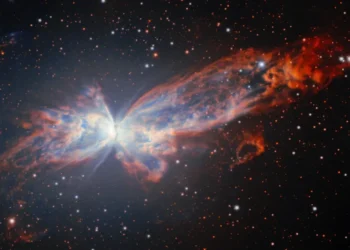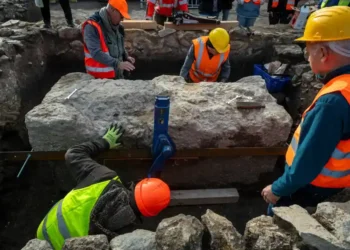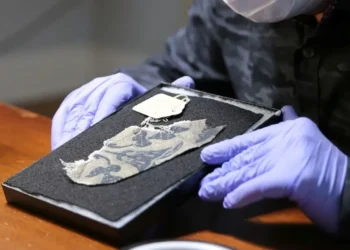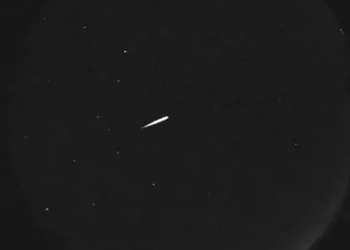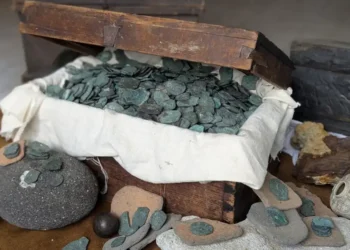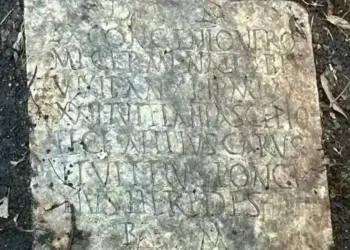Ancient Scroll Deciphered: First Words Unveiled After 2,000 Years
The quest to uncover lost knowledge and solve historical mysteries has driven scientific discovery for centuries. While it may not always mirror the thrilling escapades of Indiana Jones, modern breakthroughs often take place in research labs and through cutting-edge technology.
Ancient Words Resurrected
Scholars have successfully decoded some of the first words from an ancient scroll that was buried and burned during the eruption of Mount Vesuvius in AD 79.
One of the first deciphered words, written in ancient Greek, translates to “disgust.” This word appears twice within the recovered text, offering a glimpse into the thoughts recorded nearly two millennia ago.
This discovery marks a significant achievement in the Vesuvius Challenge, an international competition using AI and advanced scanning techniques to virtually unroll and read fragile Herculaneum papyri.
Scientists believe that a unique chemical composition in the ink has made this particular scroll easier to analyze using X-ray technology, though further research is needed to confirm its exact makeup.
A Breakthrough in Ancient Studies
This scroll is just one of many buried in the ruins of Herculaneum, an ancient Roman town devastated by Mount Vesuvius alongside Pompeii. Unlike the city’s famous frescoes and artifacts, these scrolls—believed to contain lost works of philosophy, literature, and history—were thought to be unreadable due to their delicate, carbonized state.
The Future of Lost Texts
This breakthrough raises hope that more scrolls from Herculaneum and beyond may soon be read, revealing forgotten insights from ancient Rome and Greece.
With advancements in AI and X-ray technology, the study of these ancient artifacts is entering an exciting new era—one where lost voices from the past may finally be heard again.
What do you think these ancient scrolls might reveal next?
This article was rewritten by JournosNews.com based on verified reporting from trusted sources. The content has been independently reviewed, fact-checked, and edited for accuracy, neutrality, tone, and global readability in accordance with Google News and AdSense standards.
All opinions, quotes, or statements from contributors, experts, or sourced organizations do not necessarily reflect the views of JournosNews.com. JournosNews.com maintains full editorial independence from any external funders, sponsors, or organizations.
Stay informed with JournosNews.com — your trusted source for verified global reporting and in-depth analysis. Follow us on Google News, BlueSky, and X for real-time updates.
